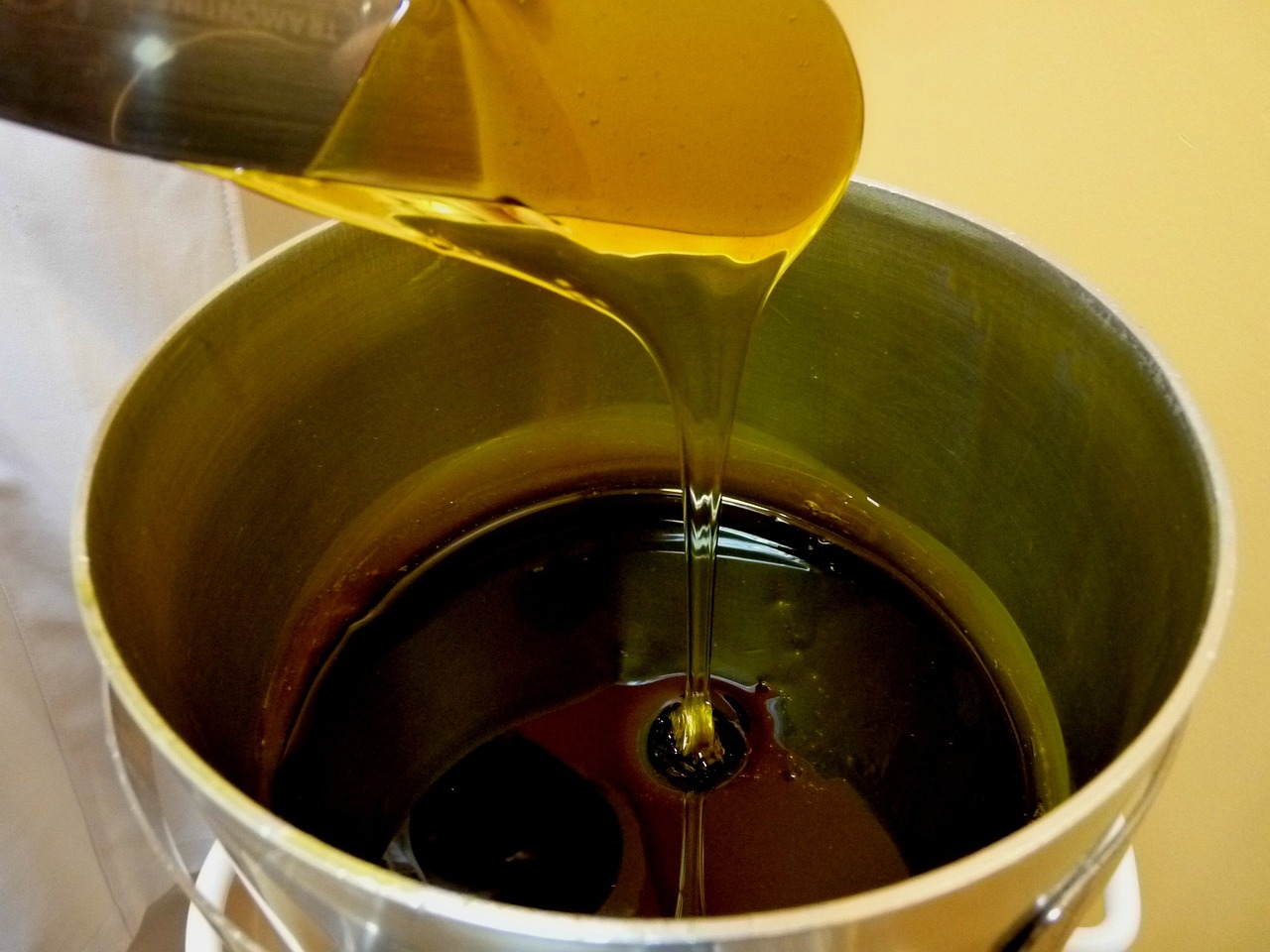Packing your sunscreen and a wide-brimmed hat for a beach day or a summer picnic has likely become second nature, yet sun protection often feels less top of mind during the winter months. Sun safety is still relevant this time of year, even though the days are shorter and the weather feels drearier. To make sure you’re taking good care of your skin year-round, we’re here to answer some frequently asked questions about sunscreen in winter, such as:
Do you need sunscreen in the winter?
“Sunscreen is helpful to use at all times during the year, but I recommend more of a ‘city block’ during the winter,” says board-certified dermatologist and LovelySkin CEO Dr. Joel Schlessinger. “One of my favorites, especially for women, is the Revision Skincare Intellishade Tinted Moisturizer SPF 45 or any primer with a sunscreen in it. I don’t usually wear sunscreen in winter unless I am outside for more than fifteen to twenty minutes at a time or engaging in outdoor winter activities. If you are skiing or sledding, sunscreen is an absolute must as the sunlight above the clouds or on clear, wintry days can be reflected in snow or blacktop and cause damage to the skin or a sunburn.”
Up to 80% of UV rays penetrate your skin even on a cloudy day, and snow actually increases your need for sunscreen because of the way it reflects the sun’s rays.
The benefits of wearing sunscreen in the winter
The benefits of wearing sunscreen in the winter are the same as wearing it any other time of year. Because the sun’s harmful UV rays are a known cause of skin cancer, wearing sunscreen can help reduce your risk of developing skin cancer. Wearing sunscreen also protects your skin from the sun’s aging effects. There are two types of UV rays emitted by the sun, and both are harmful to your skin in different ways: UVB rays cause sunburn and skin issues such as hyperpigmentation and sun spots, while UVA rays damage the collagen in your skin, which can lead to sagging and wrinkles. Broad-spectrum sunscreens protect your skin from both UVA and UVB rays.
Do you need sunscreen in the winter even if you’re staying inside?
Even if you don’t plan to be outside for a significant amount of time, you should still apply sunscreen every day to exposed skin, especially your face. “Remember, damage from sun exposure is cumulative,” Dr. Schlesinger says. “That means even short exposures like walking to and from your car still contribute to overall damaging effects on your skin.” It’s also important to remember that glass blocks UVB rays, but it does not stop UVA rays-blank). That means you can still be exposed to the aging effects of UVA rays through the windows of your car or home.
The best sunscreens to wear in the winter
“The best kind of sunscreen is one you like enough to apply every single day,” Dr. Schlessinger says. The AAD recommends sunscreens with broad-spectrum (UVA and UVB) protection and SPF 30 or higher. That said, you may want to use a different sunscreen in the winter than you do in the summer, depending on your needs and activities.
For example, if your skin tends to feel drier during the winter months, a moisturizer with sun protection could feel soothing. While water-resistant sunscreens are great for summertime beach days, swimming, and sports, you may not need a water-resistant formula during the winter if you won’t be active or in water. For outdoor activities like skiing or snowboarding, water resistance, as well as a higher SPF, is a smart choice because the sun’s rays can be stronger at higher altitudes.
Five sunscreens to try this winter
SkinCeuticals Physical Fusion UV Defense Tinted Mineral Sunscreen SPF 50
Water-resistant for up to forty minutes, this tinted sunscreen is great for active winter days. The lightweight, liquid formula goes on smoothly and evens skin tone with a sheer, translucent tint. In addition to providing SPF 50 from mineral sunscreens with 6% titanium dioxide and 5% zinc oxide, it also contains an antioxidant-packed plankton extract called Artemia salina that guards the skin against UV damage.
SkinCeuticals Daily Brightening UV Defense
This moisturizer combines sun protection with hydrating ingredients to soothe dehydrated skin. A blend of chemical sunscreens (3% avobenzone, 5% homosalate, 5% octisalate, and 7.2% octocrylene) provide broad-spectrum SPF 30 broad-spectrum, while hyaluronic acid and glycerin provide twelve hours of skin-plumping hydration. The creamy, non-greasy formula works well solo or under makeup, and a trio of discoloration-busting actives (tranexamic acid, niacinamide, and phenylethyl resorcinol) works together to target dark spots and uneven skin tone, leaving you with brighter, more even-looking skin.
La Roche-Posay Anthelios Kids Gentle Lotion Sunscreen SPF 50
A great kid-friendly option to pack on a family ski vacation, this sunscreen has a lightweight texture that’s formulated to absorb quickly and feel comfortable on children’s skin. It’s water-resistant for up to eighty minutes and offers broad-spectrum UVA and UVB protection with Cell-OX Shield Technology.
La Roche-Posay Anthelios AOX Daily Antioxidant Serum with Sunscreen SPF 50
Looking to simplify your routine with a two-for-one product? Give this serum-sunscreen hybrid with a super-lightweight texture a try. Five chemical sunscreens (2.68% avobenzone, 9.6% homosalate, 3.46% oxybenzone, 5.38% octocrylene, and 2.88% octisalate) provide broad-spectrum SPF 50 protection. At the same time, a potent antioxidant complex (baicalin, vitamin E, and vitamin C) smooths skin texture and fine lines.
Vichy LiftActiv Peptide-C Sunscreen SPF 30
To reduce signs of aging while protecting against further damage, add this peptide-packed sunscreen with a silky, easy-to-apply texture to your morning skin care regimen. Vitamin C and peptides team up to help fade dark spots and smooth fine lines, while chemical sunscreens (octocrylene, octisalate, homosalate, and avobenzone) guard against future sun damage.



